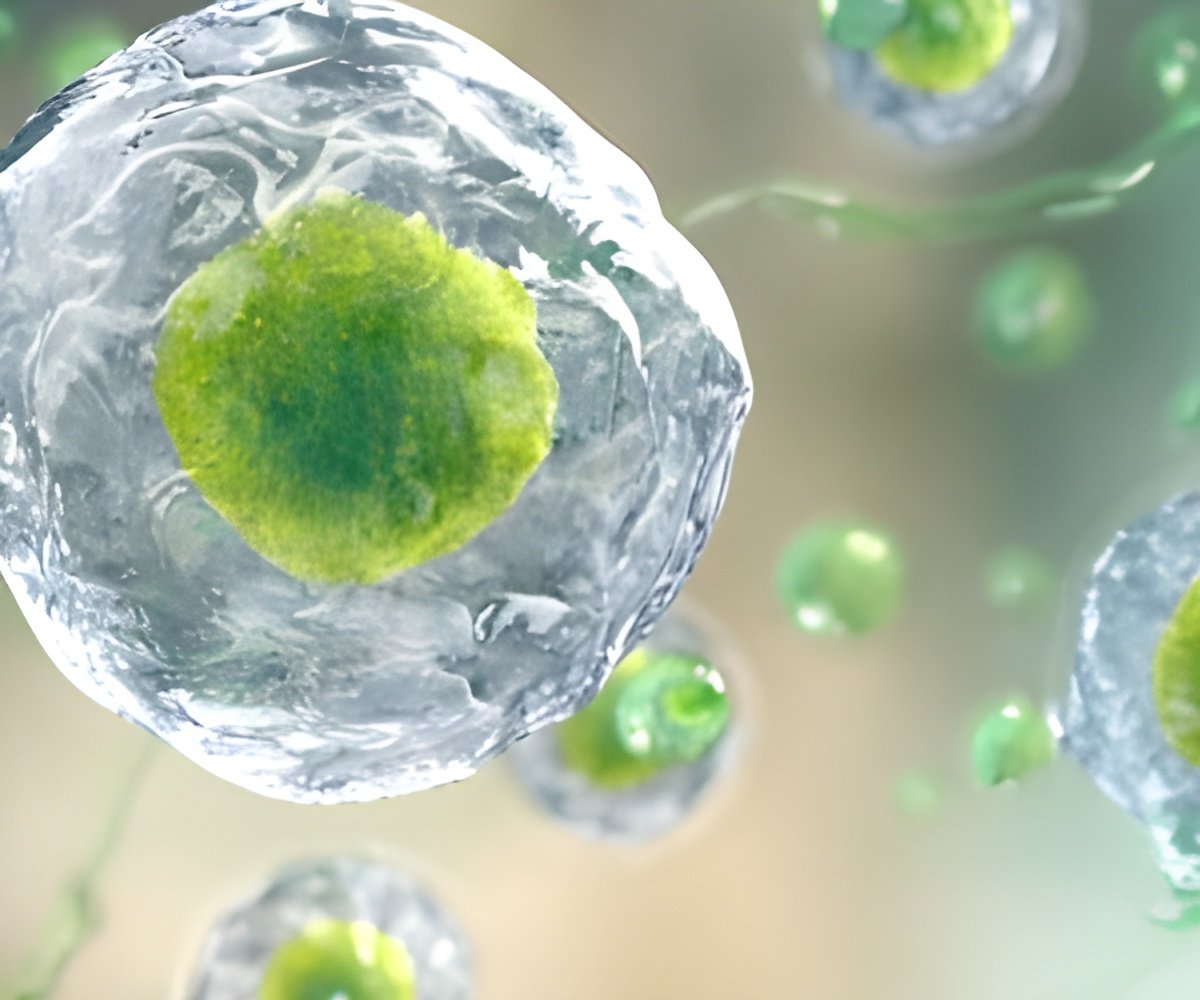More research is necessary to identify the types of cancer that would be most susceptible to mannose treatment.

Metabolic clogging of mannose triggers dNTP loss and genomic instability in human cancer cells
Go to source). “This sugar could give cancer an extra punch alongside other treatments,” says study co-author Hudson Freeze, Ph.D., director of the Human Genetics Program at Sanford Burnham Prebys. “And because mannose is found throughout the body naturally, it could improve cancer treatment without any undesirable side effects.”
Mannose: Unraveling the Critical Role of a Sugar in Glycosylation
Mannose is a sugar that the body adds to proteins to stabilize their structure and help them interact with other molecules. This process, called glycosylation, is essential for life; and malfunctions in glycosylation are associated with rare, but often life-threatening, human diseases.“Until now, the most promising therapeutic use for mannose was to treat congenital disorders of glycosylation, diseases that can cause a wide range of severe symptoms throughout the body,” says Freeze. “But we believe that there may be ways to leverage mannose against cancer and other diseases as well.”
Mannose has already been shown to inhibit the growth of several types of cancer in the lab, but scientists don’t fully understand why this happens. To learn more, the research team turned their attention to an unusual property of mannose observed in an unlikely subject: honeybees.
“It’s been known for more than a century that mannose is lethal to honeybees because they can’t process it like humans do—it’s known as ‘honeybee syndrome,’” says Freeze. “We wanted to see if there is any relationship between honeybee syndrome and the anti-cancer properties of mannose, which could lead to an entirely new approach to combat cancer.”
Using genetically engineered human cancer cells from fibrosarcoma—a rare cancer that affects connective tissue—the research team re-created honeybee syndrome and discovered that without the enzyme needed to metabolize mannose, cells replicate slowly and are significantly more vulnerable to chemotherapy.
“We found that triggering honeybee syndrome in these cancer cells made them unable to synthesize the building blocks of DNA and replicate normally,” says Freeze. “This helps explain the anti-cancer effects of mannose that have we’ve observed in the lab.”
Advertisement
In the meantime, the study speaks to the broader potential of glycosylating sugars for cancer treatment, which is still an emerging area of research.
Advertisement
Reference:
- Metabolic clogging of mannose triggers dNTP loss and genomic instability in human cancer cells - (https://elifesciences.org/articles/83870)









